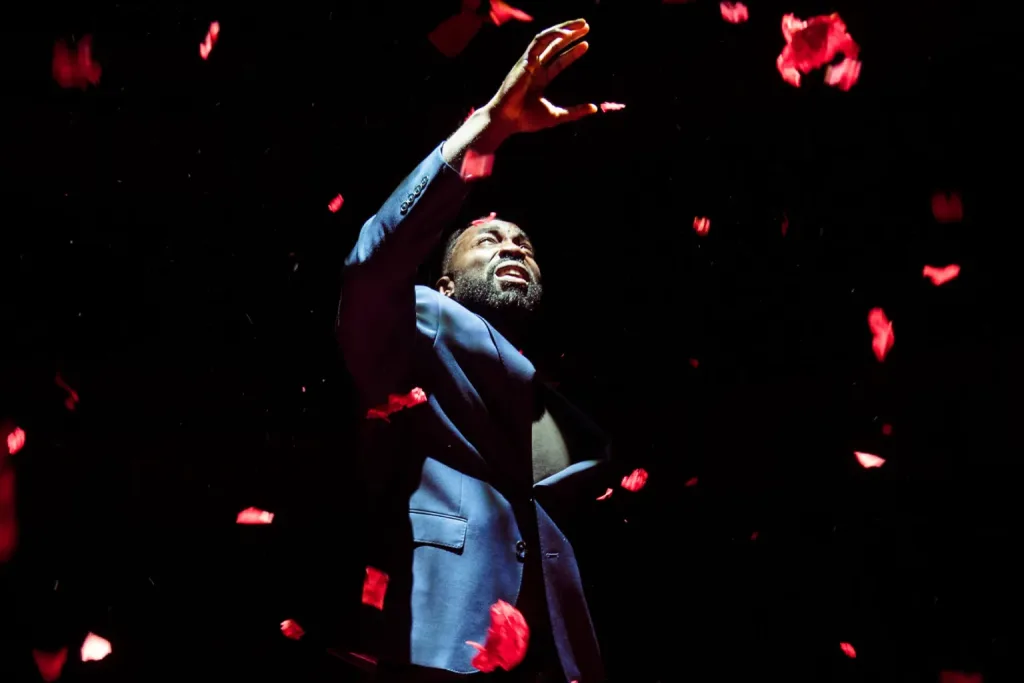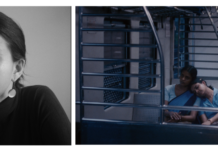
The writer of the Death of England has said the decade-long project has survived because it has difficult conversations about race and immigration and a sense of being English.
First described as a ‘micro-play’ commissioned by The Guardian in collaboration with Royal Court, it now comes to the West End with three of the original four stories (‘Michael’, “Delroy’ and ‘Closing Time’) being performed in rep this summer.
During a time of difficult British history, it spans runs through the Covid and Brezit years and asks the yearning question of what it means to belong and accepted, despite being of another ethnicity. The plays individually touch upon race and the working-class, which have been seen at the National Theatre.
Michael’ and ‘Delroy’ were performed side by side and shows the diverse attitudes and pockets of life that exist within modern working class England. Across the plays, we’re introduced to characters from different generations and heritages and what unites them is a shared experience of loss, pain and confused identity.
‘Michael’ centres on a white, drug-fuelled and booze soaked lad about town, as he comes to terms with the death of his racist father. Thomas Coombes meticulously does this has he forces himself not to cry, and the other he’s roaring with anger. His father’s death is the last of disasters happening to him: job losses followed divorce, his mother always disappointed in him. But Micheal won’t take any blame to ensure his manhood is intact.
The second part is from Delroy’s perspective – he’s Michael’s best friend and boyfriend to his sister Carly. Played by Paapa Essideu, this one is much stronger and fuller of substance. He recounts his daughter’s birth and talks about how he was taken by the police and after a lifetime of assaults, finds the words to scream in pain.
The analysis of Britain’s complications run deep. The men are both stuck in states of conflict: the difference between their thoughts and feelings are expressed throughout. Their present merges with their past: with a flash of light the language switches from narration to furious action.
A great watch to see a different side of Britain that no one ever gets to see.
By Nura Arooj















